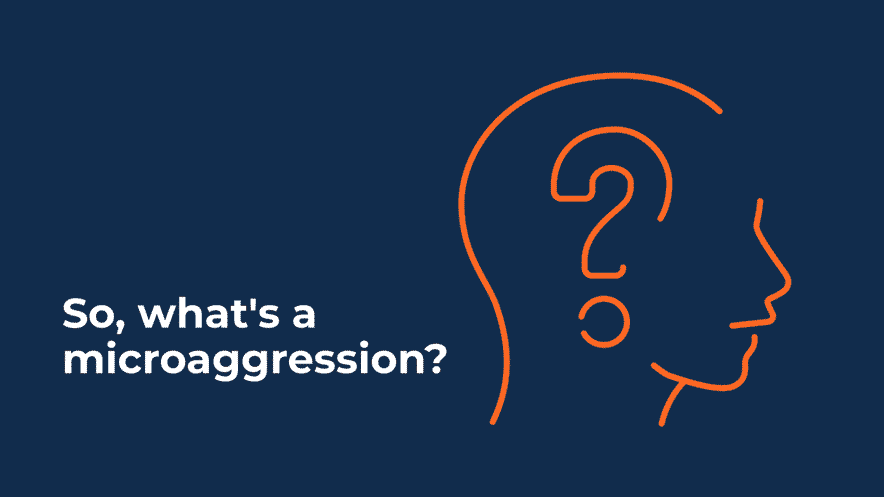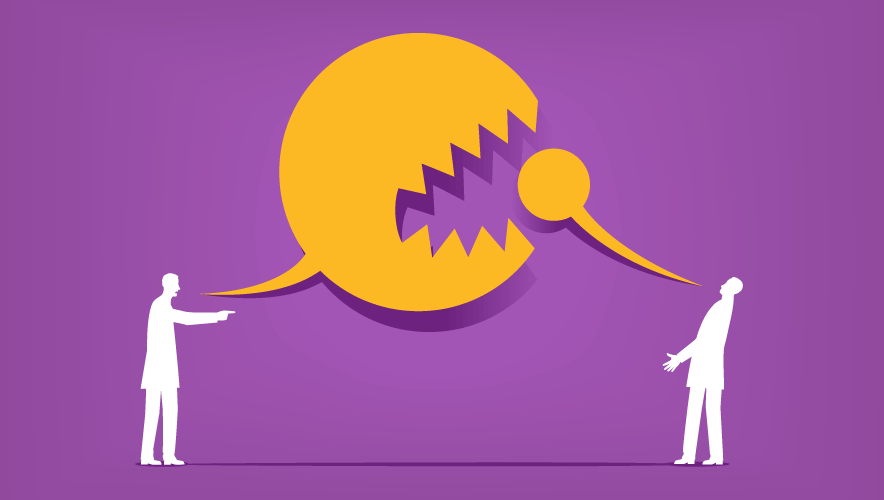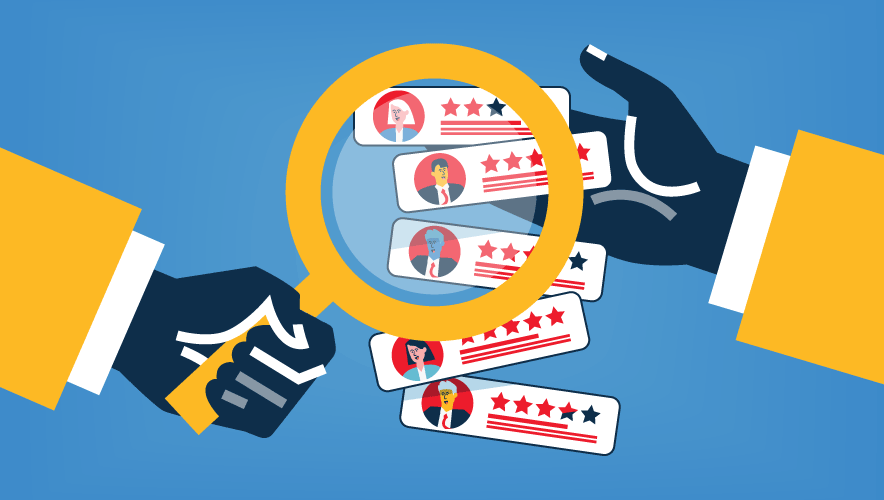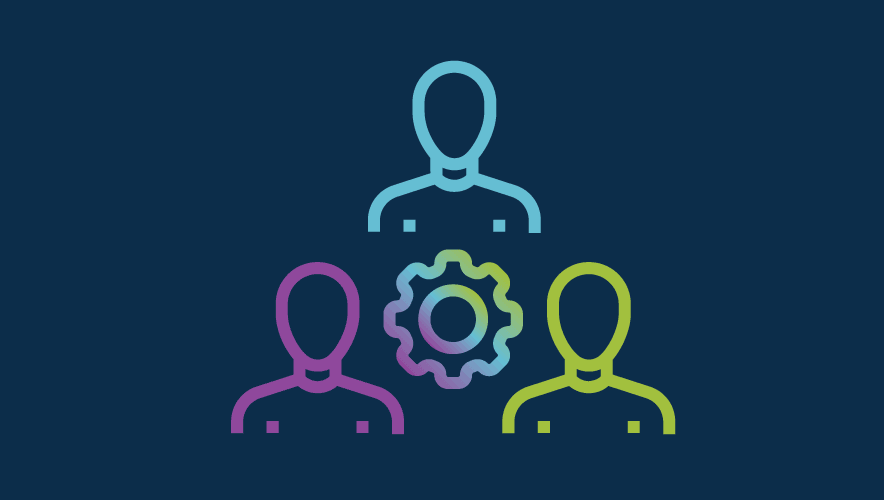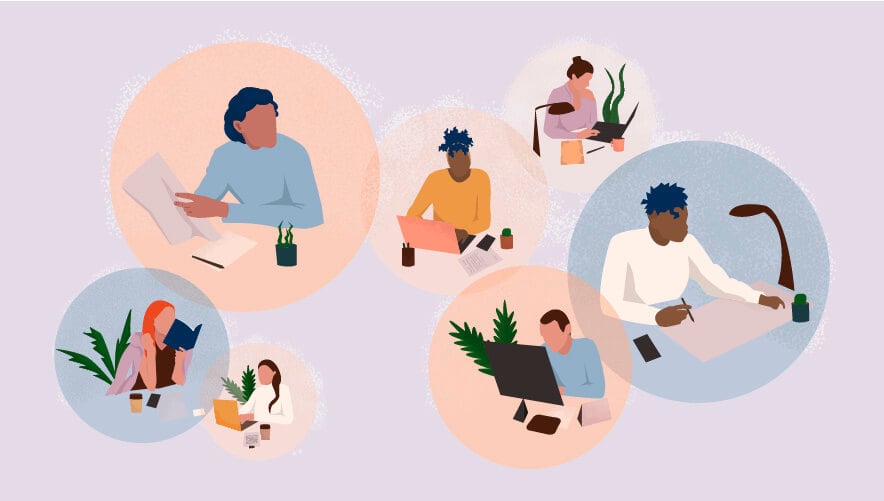How DE&I Enhances Decision-Making and Team Morale
Ask anyone in any industry about their company’s diversity, equity, and inclusion (DE&I) initiatives, and chances are that you will get a healthy dose of cynicism in return, along with a vague description of the program and how it is annually required for everyone. Ask them what DE&I means to them personally, and you will get a variety of answers that center around that person’s unique interpretation of DE&I, which can be quite varied based on their own experiences in life—not necessarily what was presented in their training.
After the COVID-19 pandemic began to affect on-site workforces, many DE&I and organizational culture initiatives that were gaining steam dropped off before they could be fully implemented. Programs and initiatives are beginning to make a comeback, but the momentum is slow to build. But what about functions like security that don’t always have the option to work remotely or hybrid? How can DE&I improve security organizations’ postures, revenues, and mission?
If you look at these programs through the lens of value, you will begin to see the benefits such programs can bring to your organization. The purpose of these programs is to promote a workplace culture where individuals feel valued, respected, and supported regardless of their race, gender, ethnicity, religion, sexual orientation, or other personal characteristics.
History is replete with DE&I initiatives that moved society into a more inclusive environment, even if they were not known as “DE&I” programs at the time: women’s suffrage, the U.S. Civil Rights Act, and the Americans with Disabilities Act are all examples of DE&I programs that were established to be inclusive of all people, not just a few.
However, gender diversity in some occupations didn’t really begin to take hold until the 1970s and 80s. Women in security or law enforcement were mostly relegated to administrative roles, and very few served in posts or positions that were dominated by white males.
When Lisa Terry, CPP, CHPA, chief development officer at Vistelar, LLC, started her law enforcement career in 1978, she understood that she was fighting an uphill battle for acceptance.
“I knew that I was going to have to work twice as hard in a male-dominated field,” says Terry. “I genuinely believed that to be treated better, I had to work harder to fit in, adjust to and please others, often at the expense of my well-being.”
I genuinely believed that to be treated better, I had to work harder to fit in, adjust to and please others, often at the expense of my well-being.
While the security industry has taken steps to become more welcoming and inclusive of a variety of professionals since then, fitting into a culture where you feel isolated has always been a challenge. The shift to remote work eroded inclusion further by reinforcing existing exclusive behavior, conscious and unconscious biases, and undermining workplace culture. People found themselves having to work harder to fit in from a remote environment—again at the expense of their well-being and mental health. Meanwhile, security personnel who could not work remotely found themselves immersed in a volatile and rapidly changing environment at workplaces all over the world, coping with daily temperature checks, frayed nerves, and short tempers.
Expanding and promoting DE&I programs can help to ease these inclusivity gaps by identifying and addressing biases, both conscious and unconscious. The programs also help identify learning needs and gaps—comprehending where you are in your own DE&I journey can often lead to improved mental health outcomes. Understanding by all parties leads to better mental health outcomes in the workplace.
So, what other benefits can DE&I programs have?
Expanded Talent Pool
Leaders need to understand that getting that top talent means that they are not always going to look, act, or sound like you. It also means that attracting diverse talent should go beyond just looking for people of diverse backgrounds and lifestyles. It begins with rethinking role profiles and job descriptions, moving away from the stereotypes about who fits into a security role based on demographics and experience.
Companies in all industries are trending towards a more diverse workforce. Security organizations that look and sound more like the companies they protect will find a better relationship with that population, leading to more successful conflict resolution, trust in the security team, and a sense of pride.
Enhanced Creativity and Innovation
Diversity in a workplace brings together individuals with unique perspectives and experiences, which can lead to enhanced creativity and innovation. When people with different backgrounds and perspectives collaborate, they can come up with creative solutions to complex problems.
In the 2023 ASIS Foundation study Empowering Diversity, Equity, and Inclusion in Corporate Security, authors Rachel Briggs and Paul Sizemore pointed out that collective wisdom benefits security organizations in a complex and fast-changing threat environment by bringing multiple views to the table. They went on to observe that “homogenous groups do not just share one another’s blind spots; they reinforce them.”
Improved Decision-Making
When a team has a diverse group of individuals, it can lead to better decision-making. Individuals from different backgrounds and experiences can offer unique viewpoints and challenge each other's assumptions, leading to better-informed decisions. In a security organization, this can be especially important when making decisions that affect the safety and security of people and assets.
If a team is made up of people who look the same, sound the same, and act the same, anyone who is different than the decision makers will probably not wish to speak up, therefore depriving the decision makers of potential new and improved ideas. Dominant and overbearing leadership always appears to be the common factor for why diverse viewpoints are never put forth. Briggs and Sizemore pointed out that “collective intelligence emerges not just from the knowledge of individuals, but also from the differences between them.”
Increased Employee Engagement and Retention
When employees feel like they belong and are included, they are more engaged in their work and more likely to stay with the organization, according to a 2020 McKinsey study. The study revealed that 83 percent of millennials across all diversity groups were more likely to be engaged in companies with inclusive culture. This is especially important in a security organization, where high turnover can be detrimental to the organization's effectiveness. High turnover leads to more time spent training replacements, overtime costs to fill gaps, and morale issues.
Homogenous groups do not just share one another’s blind spots; they reinforce them.
As noted earlier, to move towards increased engagement and retention, there must be a focus on how security organizations are conducting their selection process. Companies in all industries are trending towards a more diverse workforce. Security organizations who look and sound more like the companies they protect will find a better relationship with that population, leading to more successful conflict resolution, trust in the security team, and a sense of pride. These outcomes coupled with increased engagement, lead to more retention of quality employees and top performers which reduce costs.
How is this accomplished? From the top down.
“It has to start at the top,” says Terry. “We must get away from seeing these initiatives as a weakness. We have to continue to educate other security leaders and look to successes.”
She also recommends putting DE&I initiatives in the security organization’s policies, including language about bullying other workers. The study by McKinsey revealed that in 2020, 67 percent of LGBTQ employees polled reported hearing negative comments, slurs, or jokes about themselves or other LGBTQ employees. This behavior, if left unchecked, can lead to cases of employee harassment or allegations of a hostile work environment. These types of cases could lead to a severe reputational risk to your company or organization and affect your ability to provide services within the industry.
On the other hand, employees who feel included and engaged will be more likely to stay in an organization, as well as recommend it to others, increasing your talent pool and potential business.
Looking Ahead
As we move into a future that includes more DE&I programs, success can be boiled down to three basic ideas: data, outreach, and recruitment.
The data is unmistakable in that more and more organizations are increasing their DE&I initiatives to become more agile. Security is all about risk management, and to do that, we need teams that are mentally agile with the freedom to ask questions and the freedom to learn. We must continue to adapt to an increasingly complex and interconnected world where there are new social challenges to modern society.
Continued outreach to diverse people of different talents and backgrounds can help our security organizations continue to spearhead growth into diverse markets in that interconnected world. That outreach leads to recruitment of top talent that can assist your organization with its ability to foster innovation, creativity, and empathy, but it must be purposeful and continual.
If your security organization can fully embrace and implement the ideals behind DE&I, they will flourish along the journey.
Michael Bailey, Sr., CPP, is a 28-year veteran of law enforcement and security operations. He currently fulfills the role of security control official, overseeing physical security operations for Collins Aerospace in Cedar Rapids, Iowa.

